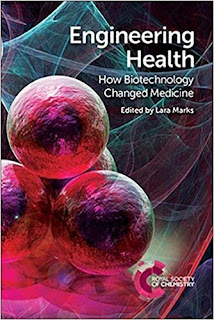Call for abstracts: conference for the History of Human Sciences
The European Society for the History of the Human Sciences (ESHHS) invites submissions to its conference to be held from July 17 to July 20, 2018. The conference is hosted by the department of Theory and History of Psychology, Faculty of Behavioural and Social Sciences, University of Groningen, the Netherlands and organized in collaboration with Open University of the Netherlands. Oral presentations, posters, sessions or workshops may deal with any aspect of the history of the human, behavioural and social sciences or with related historiographic and methodological issues (including those related to digital history). This year we particularly invite submissions that deal with external factors - political, ethical, economical or otherwise - that lead to marginalization of theoret...
